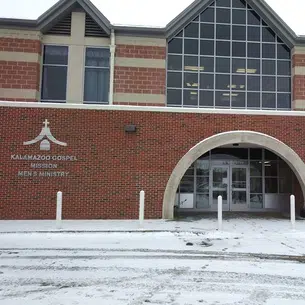KAMPALA (Reuters) – Uganda has spent over $30.2 million on buying new vehicles for lawmakers, a move that has been slammed by critics who depict it as profligacy in a country struggling to buy vaccines to stem a second wave of the COVID-19 pandemic.
Parliament released the money to members to buy new vehicles this week and each lawmaker was given 200 million shillings ($56,500), parliament’s spokesperson, Chris Obore told Reuters.
Uganda has 529 members of parliament (MPs).
“MPs must do work, transport is part of the facilitation for them to do their work. They need to check on their constituencies, if they don’t have vehicles, how will they do it?,” he said.
Since late May, Uganda has been gripped by a second wave of the coronavirus, fanned by the Delta variant.
A spike in cases overwhelmed hospitals and triggered shortages of key facilities including oxygen, beds and personal protective equipment like masks and hazardous material suits.
President Yoweri Museveni,76, ordered a lockdown that included shuttering of schools, all businesses except the most essential and bans on vehicular movement.
The government has so far failed to purchase any vaccines, with officials saying the country had been priced out of the market by richer buyers like the West.
Slightly over a million people have received a jab, all from donated shipments, out of a population of 41 million.
“The money would have been used to plan towards re-opening the country and the only way to prepare for re-opening is vaccination,” said Mukuzi Muhereza, secretary general of Uganda Medical Association, a national umbrella body for all health workers.
“We see urgency in solving politicians’ problems but no urgency in funding medical emergencies.”
Uganda so far has recorded a total of 91,355 cases of COVID-19 and 2,483 deaths, latest data from the health ministry shows.
The opposition and civil society have in the past criticised the government for splashing on things like a lavish swearing ceremony for Museveni in May while failing to procure vaccines or buy food for vulnerable groups hit by the lockdown.
“The extravagance on vehicles at such a time is a disaster,” said Harold Kaija, an official at Forum for Democratic Change, one of the country’s biggest opposition parties.
(Reporting by Elias Biryabarema; Editing by George Obulutsa and Raissa Kasolowsky)







